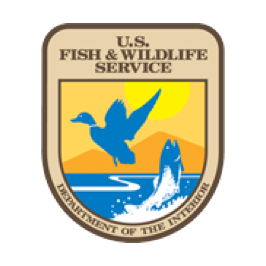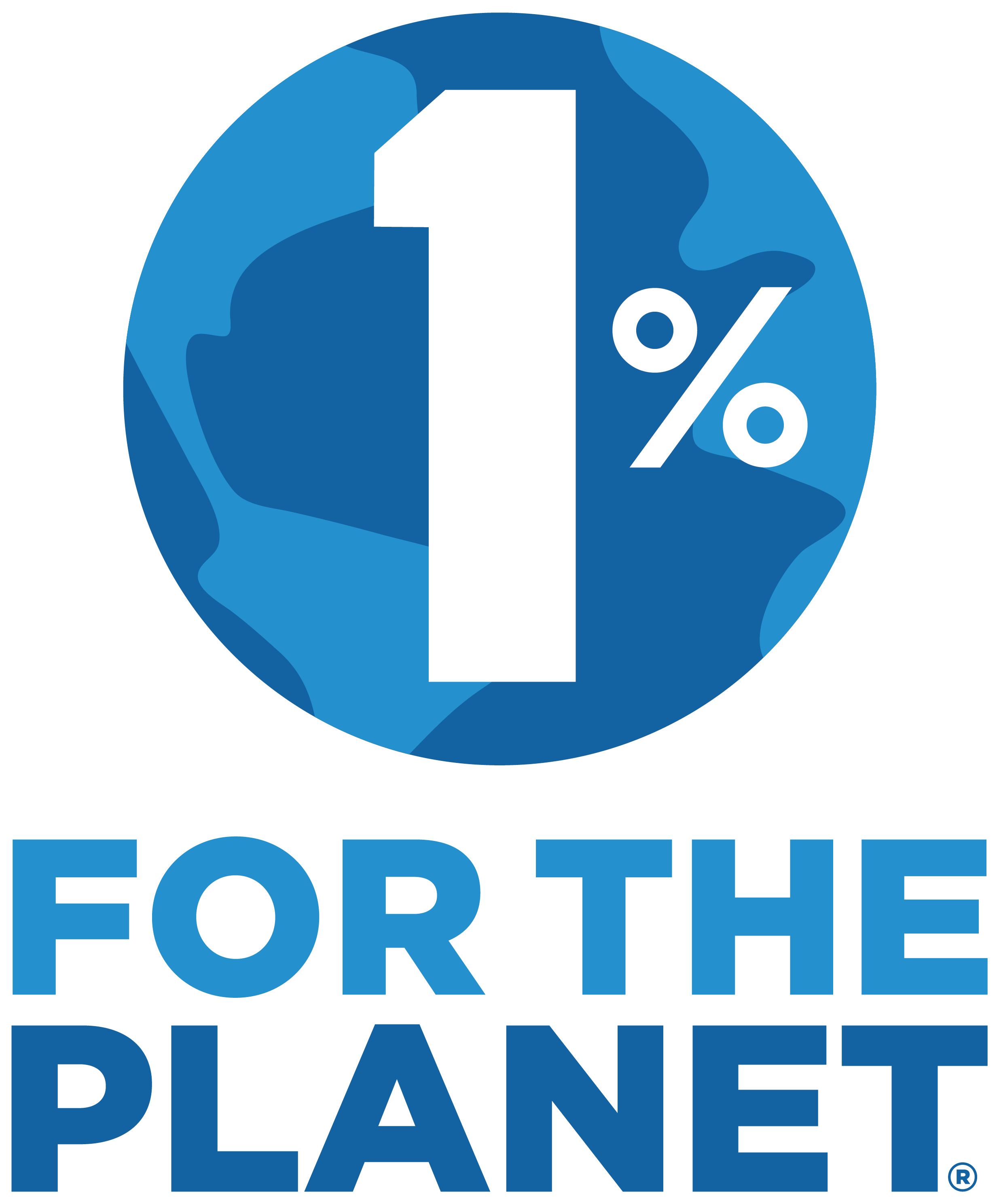STATE WILDLIFE ACTION PLANS
In 2005, all 50 states, 5 U.S. territories, and the District of Columbia created State Wildlife Action Plains (SWAPs) laying the blueprint for conserving wildlife and habitats and preventing species from becoming endangered. Updated in 2015, SWAPs identified 12,000 species of greatest conservation need and estimated that $1.3 billion dollars is needed annually to implement the plans.
TRIBAL IMPACT
In the development of SWAPs, eight elements were required. These requirements include a responsibility to involve Tribes in the development, implementation, review and revision of the plan. However, Tribal inclusion in SWAPs varies. In some states, such as Idaho, Tribes are lead authors, but many Tribal fish and wildlife managers reported that sincere efforts were not made to encourage Tribal participation or that their input was not incorporated into the SWAP.
Tribes own or influence the management of nearly 140 million acres, including more than 730,000 acres of lakes and reservoirs, 10,000 miles of streams and rivers, and 18 million acres of forests. These lands and waters provide habitat for fish and wildlife, including more than 500 species listed as threatened or endangered. Fish and wildlife do not respect political boundaries. Tribal lands and waters are critical to the success of conservation plans outlined in SWAPs. This partnership also serves to benefit these conservation efforts through the inclusion of species of cultural importance and recognition of Traditional Ecological Knowledge.
NAFWS ACTION
NAFWS supports the meaningful involvement of Tribes in State Wildlife Action Plans through the following actions:






